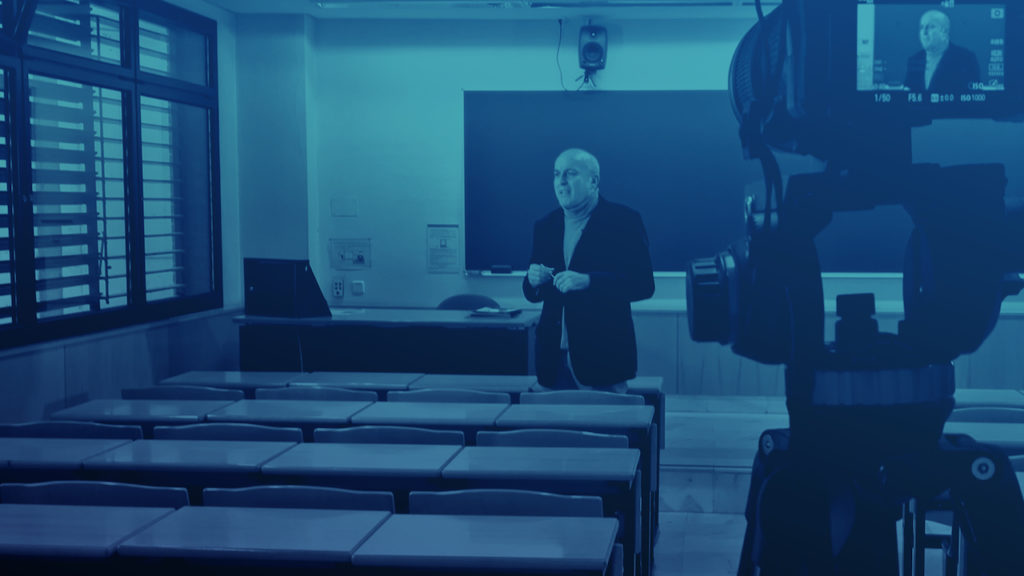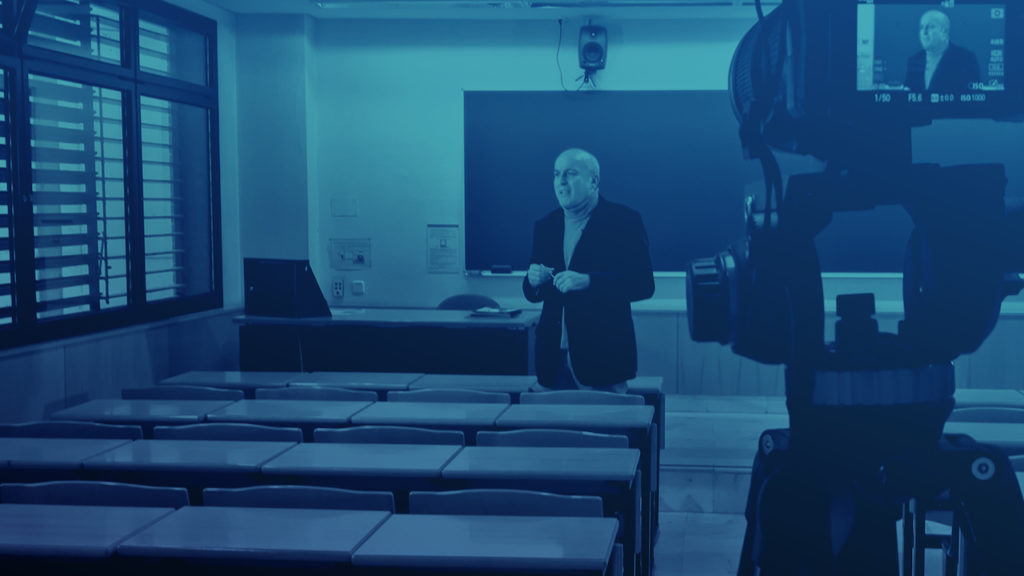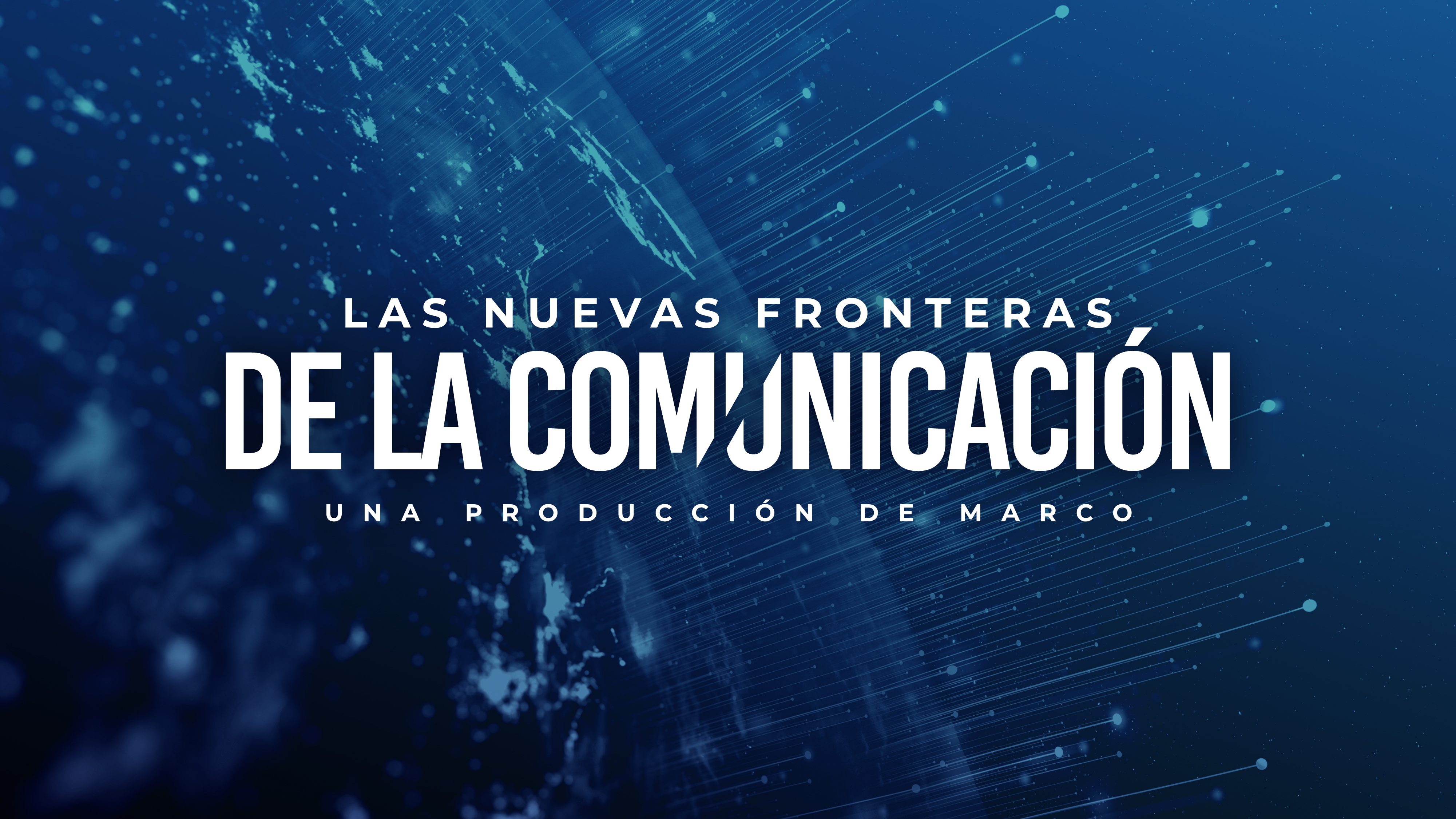Today marks the world premiere of the docuseries The New Frontiers of Communication. Created by communication consultancy MARCO and available on Amazon Prime Video, the premiere marks an unprecedented milestone. The docuseries showcases the patented TFCOM® (Transcending Communication Frontiers) approach and explores the new communication paradigm. It shows how the internet and COVID-19 have revolutionised the way we inform, communicate and engage customers, employees, stakeholders and tourists. The series gives business leaders and executives from a variety of sectors a chance to elaborate on how COVID-19 has impacted their businesses and how it has changed the way they communicate. From today, it is available on Amazon Prime Video for users in Spain, the UK and the US.
The evolution of the digital era has blurred geographical borders and replaced them with linguistic frontiers. In the age of the internet, where consumers of information, and especially digital natives, have access to global content, it no longer makes sense to demarcate communication as geographical areas. The new frontier is language. “The concept of the frontier has been diluted, leading to the explosion of globalisation, where frontiers are only defined by languages…”. As Juan Carlos Sánchez, Professor of History and Journalism at the Carlos III University, points out. By eliminating geographical borders, information, communication and entertainment become global consumer concepts, anytime, anywhere.

There is a second boundary that has been redefined, that between emotion and reason. Reason has always had more weight in this binomial, but the balance is shifting in favour of emotion, which endangers the very concept of democracy. Rational and analytical information consumption based on reading and critical thinking has been replaced by the rapid viewing of content through images, where the most basic feelings are appealed to. This phenomenon has led to the growth of currents such as populism, and ideological and social movements that appeal to emotion over reason. All of this is amplified by social networks and the internet. That’s why younger generations are more driven by their emotions, having grown up with images rather than words and, of course, with video. Video has become the new communication platform par excellence as it appeals to the heart and avoids debates. A good example is the cinematographic world in which, as Jota Linares, film director and scriptwriter, points out, “emotion and truth must always be the priority. If there is no emotion, there is nothing“, but he explains that the fundamental thing is to “find the balance where you mix emotion with reason, with truth“.
Regarding brands and companies, as Elisenda Picola, Marketing Director of Kraft-Heinz, points out, “We have learned to reinvent ourselves quickly and it is no longer enough to do a marketing campaign or a commercial campaign, but what we really have to work on are plans that are relevant to the consumer“. According to Karen Davies, Head of Communications at Friends of Glass, “leading by example is one of the best ways to show empathy whether for a product, a brand or a cause“, adding, “that’s where you connect emotion with reason, where we all act on something that has inspired us and motivates us to make a change“.
The docuseries shows another frontier that is on the verge of disappearing, namely that between the Dircom and the Marcom. Two profiles that until now have been poles apart despite working in the same company.
Xabier Olazabal, CEO of Publicis Communications España, assures that “reputation is starting to affect commercial objectives too much for the DIRCOM to be isolated“, and adds that, “the marketing director and the communications director are starting to work together and integrate for the good of their common element, which is the brand“.
The boundary between corporate and brand communication has disappeared. Users want to know not only about brand values but also about how companies behave beyond their corporate social responsibility (CSR). Soft values have become more important, transcending from the territory of the Marcom and brand image to that of the Dircom and reputation creation.
In the words of Miguel López-Quesada, president of DIRCOM, “we do have a common ground, marketing and communication. In branding it will be that long-term brand promise, in reputation, it will be building that reputation in a sustainable way“. Concepts such as fairness, sustainability and, especially, safety in times of COVID, are now key in the purchasing decision in tourism, retail, food, etc. They have become the cornerstones of communication.

Within the communications sector, the border between agencies and media is now thinner than ever. Both are responsible for the production of content and the dissemination of stories. The relationship is based on trust and the common goal of quality information. As a result, they are working more and more closely together. Agencies such as MARCO, for example, have crossed this blurred line, acquiring the business news outlet, Ejecutivos.
Following these four frontiers of communication, we can add one last one generated by COVID-19. The pandemic has led to new consumer habits: the boom in e-commerce, the increase in home consumption to the detriment of the hospitality and catering industry, and the unstoppable rise of streaming and social networks. These changes require a very different approach to communication and marketing campaigns.
With respect to this, Inés Fonseca, former Marketing Manager of Subway in Spain and current Marketing Manager of J&B Southern Europe at Diageo, says that “the biggest challenge for any brand is that we have to be devising a strategy that serves a reality that does not yet exist, but that is being built every day“.
The docuseries was supported by the Association of Communications Directors (Dircom) and features opinion leaders from the marketing, communication and advertising sectors such as Miguel López-Quesada, President of Dircom; Xabier Olazabal, CEO of Publicis Communications España; and Juan Carlos Sánchez, Professor of History of Journalism at the Universidad Carlos III de Madrid, together with personalities from the world of cinema such as Jota Linares (¿A quién te llevarías a una isla desierta?, Animales sin collar), and journalists such as Carlos Córdoba, Multimedia Editor-in-Chief at El País, Juanjo Santacana, Editor of Special Products at El Economista, Maria Victoria de Rojas, Editor at Ejecutivos, and Carmen Bejerano, Editor-in-Chief at ELLE.
Didier Lagae, Founder and CEO of MARCO, is the executive producer of the docuseries, The New Frontiers of Communication. Didier was recently named European and Global PR Professional of the Year by PRWeek and Stevie Awards, respectively. Prior to founding MARCO 18 years ago, Didier held senior positions at Edelman and Weber Shandwick. He was also Global Communications Director at The Body Shop and EMEA External Communications Director at Levi Strauss. Furthermore, he is also a Climate Leader within the Climate Reality Project, created by Al Gore, as well as the author of ‘Country Brand, A Country as a Brand’ and president of the Country Brand Awards.On the launch, Didier Lagae remarked how “I had previously produced and directed many brand films and TV commercials, but never a documentary series from start to finish. This has certainly been a very exciting experience and I hope this docuseries will help PR professionals around the world to better understand how we can influence our stakeholders and consumers”.




Comments